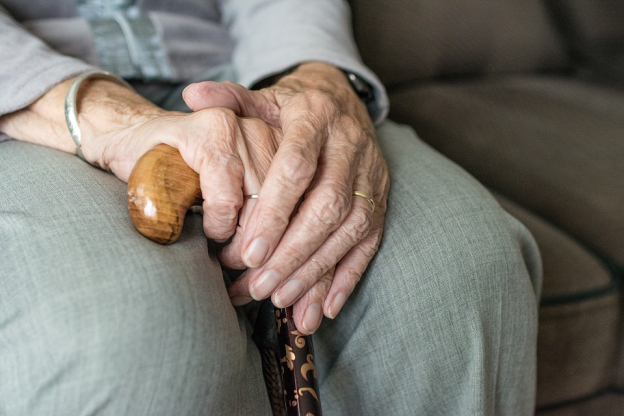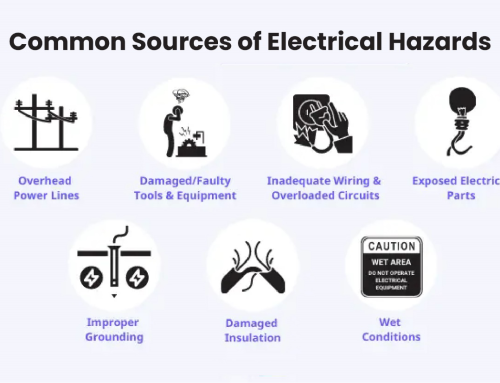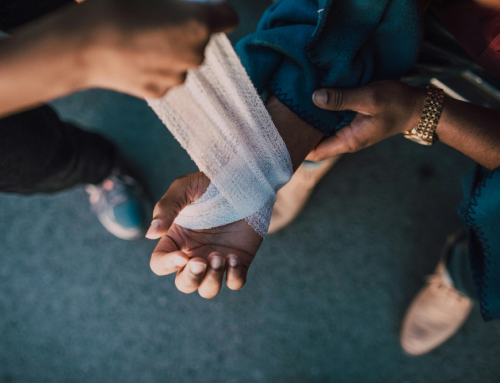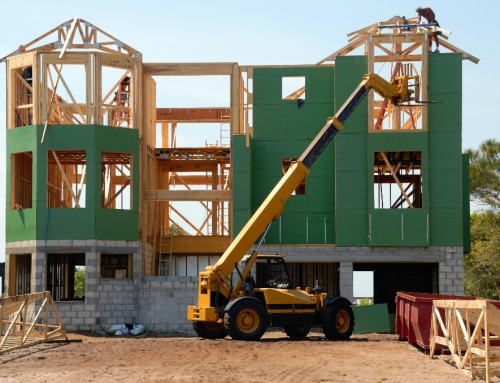Falls are the leading cause of injuries in the elderly in Canada. Your elderly is more susceptible to severe injuries as a result of accidents due to brittle bones, weak muscles, and dulled senses. Moreover, dementia and certain medications can cause disorientation and dizziness, increasing chances of a fall or an accident.
While taking care of a senior person in your home, it’s crucial to be cautious all the time. Here are a few tips for you to follow if you’re overseeing the care of a senior in your home.
Things To Consider For The Bedroom Of A Senior
- Ensure the bed’s height is appropriate for your senior so that they may safely get on and out of it.
- Provide them with a nightstand and lamp to keep their personal belongings there.
- The room should have sufficient lighting available.
- Make sure that there are no obstacles between the bathroom and their bed.
Ways To Make The Bathroom Safe For Your Elderly
- Keep non-slippery mats on the shower or tub floor.
- Use liquid soaps instead of bar soaps to eliminate the need to pick them up.
- Make sure the feet are completely dried when exiting the tub or shower to reduce risk of slipping.
- Fix grab bars near the toilet and shower area.
- Keep sufficient lighting in the bathroom and leave the light on at night.
What You Can Do To Make Your Kitchen Safe For Your Elderly
- If you have blinds near the stove, ensure that they are fireproof.
- Avoid keeping kitchen towels near the stove.
- Keep sharp utensils inside cupboards and keep them shut.
- Clear clutter from counter tops.
- Make sure pot handles are turned away from the stove’s boundary.
How To Prevent Medication Overdose
- Keep medications out of the reach of elderly who have dementia as it can lead to an overdose.
- Keep track of the medications and their dosage taken by your elderly.
- Be cautious of expired medication.
What To Do When Your Senior Is Undergoing A Stroke Or A Heart Attack
The elderly are at a greater risk of having heart failures and strokes. Understanding the symptoms of a stroke or a heart attack is vital in preventing the situation from getting worse. You can take up a first aid training course to know how to identify the symptoms and provide immediate first aid till medical assistance arrives.
If your senior is experiencing pain in the chest and left arm, droopiness in face, lisp in speech and difficulty in breathing, call emergency services immediately. If matters get worse, you may need to perform CPR.
If you want to learn CPR and emergency first aid to better care for your senior at home, take up our extensive emergency first aid training courses in Coquitlam, BC. Contact us today to register for our classes.







